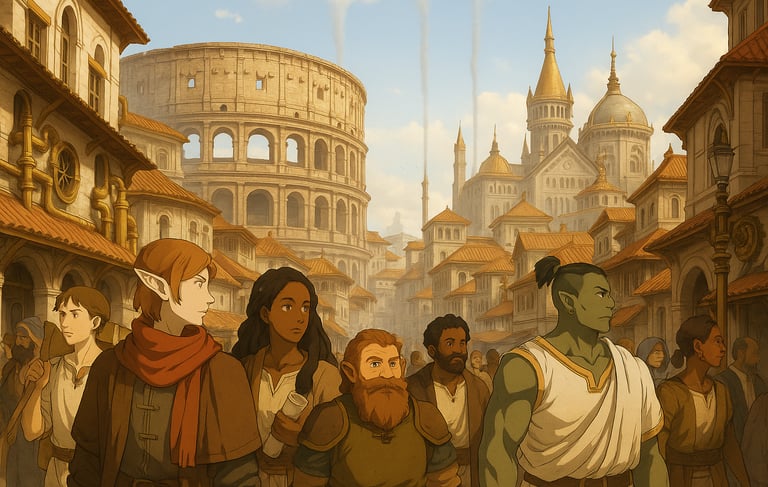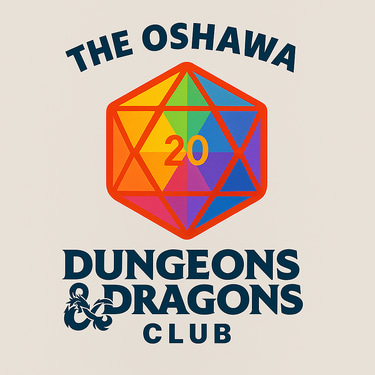Our Research
Research indicates that tabletop role-playing games can serve as an excellent way for neurodivergent youth to build social connections, due to the inclusive, diverse, and welcoming environment (Cross et al., 2024). Notably, there is a higher presence of neurodivergent individuals in the gaming community compared to the general population (Cross et al., 2024). For young neurodivergent people who face peer rejection and social isolation, participating in social gaming groups can provide valuable opportunities for connection. In response, the Dungeons and Dragons Club: Empowerment Mentorship Belonging Engagement Respect (D&D club: EMBER) was launched in September 2023, through a collaboration between Trent University Durham and the City of Oshawa. Jonathon Smith , a seasoned D&D facilitator, created the D&D club: EMBER as a youth-centered social program for adolescents, building upon the traditional D&D format. We aim to gain a better of understanding of the impacts that the D&D club: EMBER has on social connectedness, competence, autonomy, relatedness, and social identity by measuring each of these factors in youth between the age of 13-18 years with a neurodiverse group (i.e., youth with Autism, and/or ADHD) before and after the D&D program.
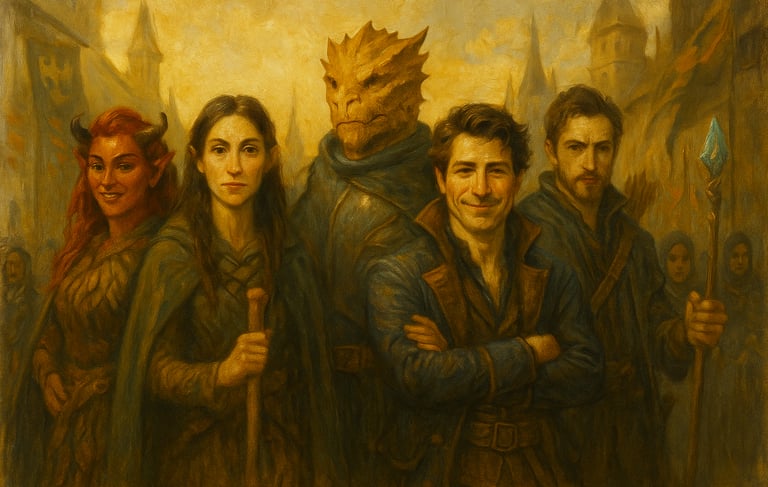

Our research question
Youth from 13*-18** years of age, and have a diagnosis of Autism (ASD), and/or Attention-deficit/hyperactivity disorder (ADHD).
In addition to the diagnosis requirement, youth must have the ability to: complete tasks of daily living independently with minimal verbal prompts; the ability to communicate verbally with a group of peers; ability to comprehend simple math; ability to turn-take; be able to sustain a 2-hours and 30-minute game; and understand how to engage safely with others.
*Youth must turn 13 by May 31st 2026
**Youth must be no older than 18 on January 31st 2026
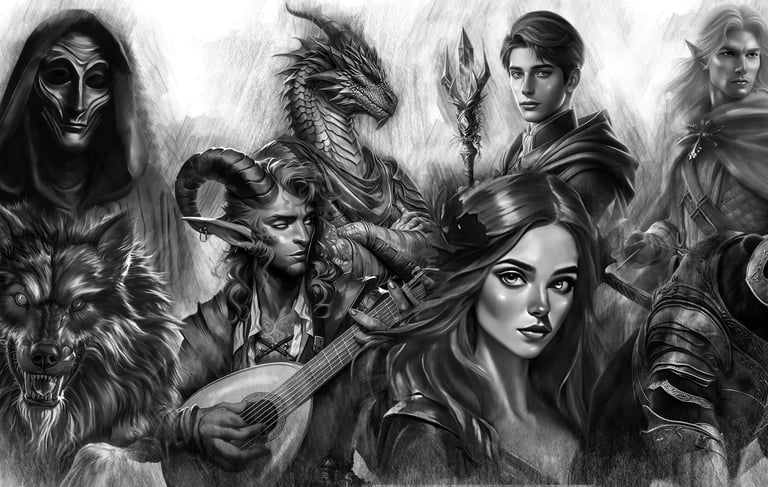

Participant Eligibility
Participants will play D&D in a group of up to 6 players with an experienced facilitator running the session. The participants will collaborate to create rules and expectations for the group and choose the game elements they want to include. The same group of participants will be together for the duration of the program and play characters they create within a continuous story. Although the age range of the participants for this study is 13-18 years of age, the age range for the D&D groups will be smaller (e.g., a D&D group with youth aged 13-15). The program will run for 15 weeks and 2.5 hours per week for a total of 37.5 hours of programming.
All participants, will complete questionnaires within two-three weeks before the D&D club starts, and again within two-three weeks following the completion of the D&D club. The questionnaires are expected to take no longer than 60 minutes and a research assistant will be present with the participant.
Parents/guardians will be asked to complete a questionnaire about their child’s social responsiveness to be used as baseline measures. parents can complete the measure on campus or can take the measure home and return to us.
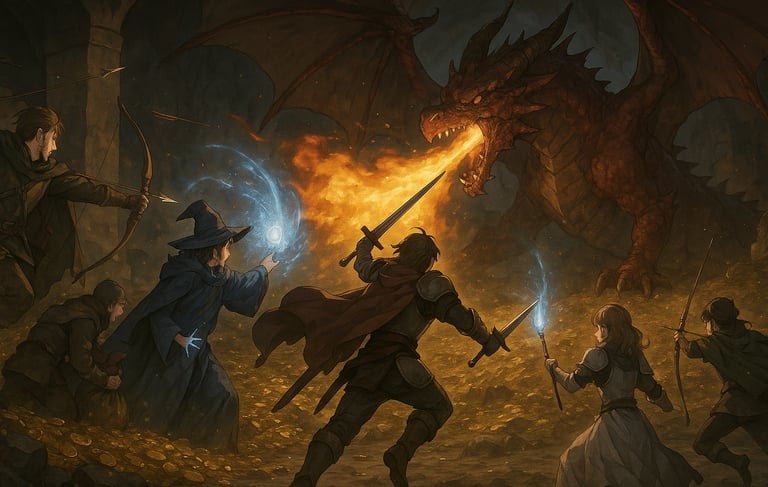

What participants will do
Consent from a guardian for youth under 18 years old will required as well as assent from the participant.
There will be a questionnaire for parents/guardians, and their consent participate will also be required.
Youth will be assigned to D&D clubs based on their age as we will attempt to keep the groups with youth that are similar in age.
The participants will be placed in small groups of 5 or 6 participants per group.
